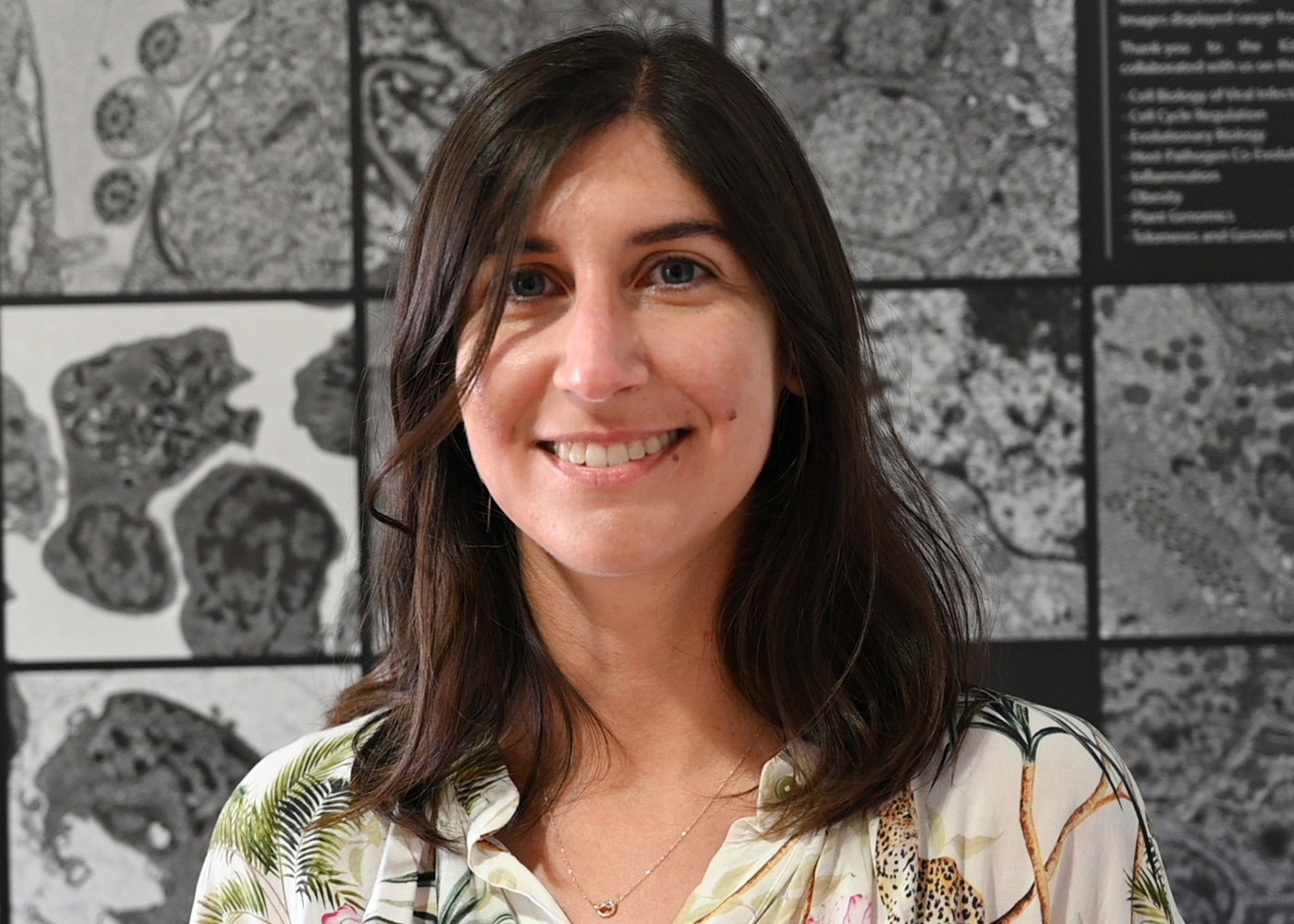Reviewed by Danielle Ellis, B.Sc.Aug 1 2023
An innovative study headed by Giulia Ghedini, who is a principal investigator at Gulbenkian, has given a new understanding of the complex relationship between evolution, competition, and ecological communities.

Image Credit: Instituto Gulbenkian de Ciência
The results were published in the journal Current Biology. They offer useful insights into comprehending how individual species survive under climate change and its effects on the marine food webs and global carbon cycle.
Environmental change, like ocean warming, modifies resource competition and biodiversity. Hence, it is necessary to know how organisms react to increased competition as variations in their metabolism and size impact the ecosystems’ productivity
For a long time, competition has been known to be a driving factor under rapid evolution. Still, so far, a mechanistic framework for finding the particular characteristics that evolve and their trajectories is yet to be developed. Scientists at Gulbenkian and Monash University turned to metabolic theory, which clearly forecasts how competition influences the evolution of size and metabolism. Nevertheless, these forecasts were not broadly verified, particularly in communities where organisms need to compete with various species. What is the ideal way to handle interspecific competition?
With that unresolved query in mind, the scientists based their research on the experimental evolution of marine phytoplankton, which are unicellular microalgae that generate 50% of oxygen on Earth. They employed a green microalgae species known as Dunaliella tertiolecta, which they grew for ten weeks (~70 generations) in either of the three environments: alone, competing with a population of this same species, or with a community of three other phytoplankton species.
Remarkably, scientists noticed that the organisms grew to be smaller and more energy-efficient when exposed to competition. The unpredicted results came up from the rapid evolution of metabolic plasticity.
Scientists found that the organisms that grew with competitors exhibited higher metabolic plasticity, so they utilize resources quicker when abundant but minimize their metabolism to be more energy-efficient when resources are minimal. These variations imply they can retain larger population sizes compared to organisms that grew alone with no compromise on their population growth rate—they received the best of both worlds.
This result made sense, but it was initially difficult to explain because the current (metabolic) theory does not predict improvements in both traits. Through several reiterations, we were able to piece it all together.” Researchers were able to predict the evolution of body size and population trajectories based on the metabolic theory “for the most part and also show that the evolution of metabolic plasticity can lead to some unexpected results.”
Giulia Ghedini, Study First Author, Instituto Gulbenkian de Ciência
Giulia, happy for such a discovery, explains how organisms might react to varying resource regimes influenced by global change.
In the coming days, the study group likes to extend this study to find if other competitors follow identical (or different) evolutionary trajectories and the complete results of those evolutionary responses for the community. Comprehending how metabolic plasticity evolves is vital to predicting changes in the productivity and diversity of ecosystems.
The research was done in association with Prof. Dustin Marshall, Monash University, and was financially supported by the Australian Research Council and la Caixa Foundation.
Source:
Journal reference:
Ghedini, G. and Marshall, D., J. (2023) Metabolic evolution in response to interspecific competition in a eukaryote. Current Biology. doi.org/10.1016/j.cub.2023.06.026